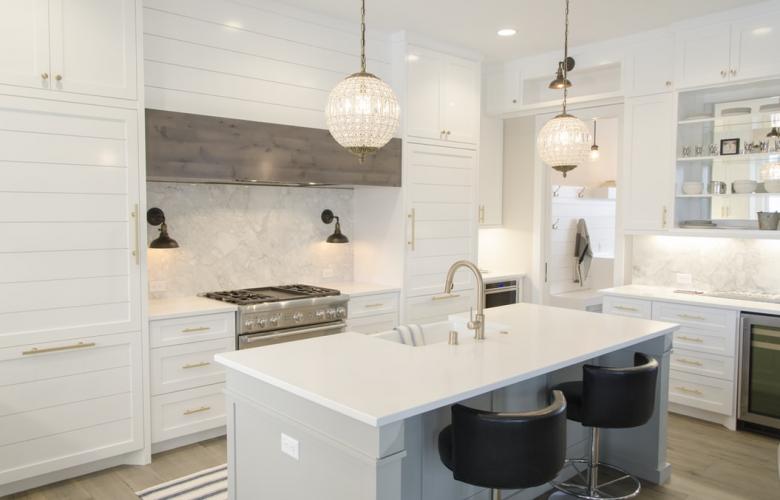Very important information to read:
This article is intended as a preliminary guide only and refers to some but not all elements required to consider in detail prior to starting any property dealings or due diligence. Property dealings are often complex, especially in foreign countries and we highly recommend you seek independent professional advice... read more... Here are the top five aspects to consider before making a buying decision for an investment property or a new home in Tokyo.
1) Reserve fund
It is paramount to ask about the current status of the reserve fund of the building if you are inspecting condos and apartments. A depleted reserve fund needs to be explained with recent big-ticket item repairs, e.g. replacing elevators. If the reserve fund of the property is too low and necessary repairs come up, you will need to pay for these out of pocket, effectively raising the overall property price and diminishing your return on investment.
2) Upcoming projects in the neighbourhood
While you can’t plan for every eventuality, ask the agent if any projects are planned in the near future around the building you are interested in. Buildings in Japan are erected extremely close to each other and it is not unusual for a new property to block the view or sunlight of its neighbours. Most selling agents will be honest enough to disclose the information they have, but a good buying agent on your side will also investigate for you. If the unit you are eyeing would be negatively impacted, they would either advise against the property or try to renegotiate the price of the unit in your favour.
3) Previous incidents
Certain incidents in a home must be disclosed to subsequent buyers or tenants. Examples of incidents can include (but are not limited to): natural or unnatural death of former tenants, fires, if the unit was the scene of a crime or previously occupied by yakuza. Such apartments and homes are then deemed a jikko bukken (accident property) and the stigma massively diminishes a property's value. Legally, agents are required to tell only the next tenant moving in right after such an incidentp; however, most will honestly disclose the full history if asked. If you want to be thorough, you can also ask security, building management staff or neighbours about the unit.
4) Tenancy & ownership history
Ask the selling agent to disclose both the recent tenancy history and the overall ownership history before making a buying decision. If you find that either tenants or owners have changed more frequently in the past than what is normal, think twice before purchasing. Most leases in Japan are two-year contracts. If tenants regularly move out before the lease is up, or if owners never held the property for more than a few years, something might be wrong.
5) Zoning of the property
While potential buyers might take it for granted that a unit shown to them is of course built in accordance with the zoning it is in, this is not always the case, especially with older units. How does this happen? Tokyo has designated zoning for residential, commercial and industrial properties and zoning regulations can change over the years.
Ziv Nakajima-Magen, partner and executive manager at Nippon Tradings International (NTI), explains: “Often, particularly with older properties, new zoning regulations do not allow the same-size structure to be built on land parcels of the same size, as regulations have been updated over time. While the property was compliant with zoning when it was built, once demolished, any new property built on the same land parcel would have to be smaller in size. In some cases, no new property can be built on that same land parcel, because it’s simply too small.”
There are some possible solutions to this, according to Nakajima-Magen:
1. You can get around the requirements by leaving the concrete base of the old property in place and intact, and building the new property on the same base. This turns the project from a “build” to a “renovation”, which doesn’t need to comply with new building regulations.
2. If no concrete base exists, your best bet may be to build a small residential home instead of a multi-family building. Or, in extreme cases when even that is not possible, turn the land parcel into a parking lot to make it profitable.
Ask your real estate agent to check for you at city hall what zoning category the land falls under and if those solutions could be applied if there are zoning issues.
80% of buyers in Japan don’t inspect properties!
When buying an investment property, most buyers in Japan never view the actual unit according to Japan Property Central. Units are often tenanted while on the market. This means Japanese buyers rely on information on the property that can be gathered remotely — i.e. the location of the property, age, layout, and the points discussed above — to make a purchasing decision. A good agent will do the detective work for you in determining if a unit is a good investment or not, therefore, making it vital that you pick the right agent when property hunting in Tokyo.
By Mareike Dornhege
Similar to this:
Guide to finding a real estate agent in Tokyo
Freehold vs. leasehold: What types of land ownership are available to foreign residents in Japan?
Introduction to Japan real estate
Very important information to read:
This article and the above linked articles are not complete and are intended as preliminary guides only. These guides refer to some elements to consider prior to starting any property dealings or due diligence. Property dealings are often complex areas, especially in foreign countries and we highly recommend you seek independent professional advice... read more... 




